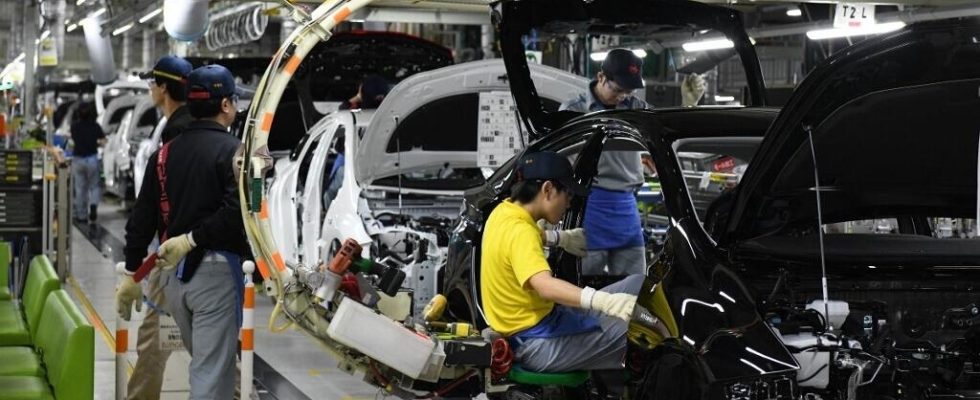Major Japanese companies have granted a 3.58% wage hike on average for the current fiscal year, which started on April 1. A record increase, not seen for 30 years, according to the results of the annual wage negotiations revealed by the trade union confederation rengo. It should revive sluggish household consumption.
With our correspondent in Tokyo, Frederic Charles
More than the unions, Japanese Prime Minister Fumio Kishida pushed companies to grant basic wage increases on which they cannot go back to minimize the impact of inflation on the purchasing power of households.
Large companies are granting their employees the highest wage increase since 1992. The big question was whether SMEs, small and medium-sized companies that employ 70% of employees would follow suit. They are usually less able than large groups to pass on their rising costs to their selling prices.
SMEs as generous as large companies
For the first time in 30 years, Japanese SMEs are showing as much generosity as large corporations. They have no choice. There is a labor shortage due to Japan’s aging and shrinking population. The employment rate for women now stands at 73%, a level higher than that of France. Moreover, 60% of men aged 65 to 69 still have a job.
This labor shortage is worsening and will cause base salaries to accelerate over the next ten years, estimates the investment bank CLSA in Tokyo. The average base salary reached less than $40,000 in 2021 in Japan. Young Japanese are leaving the country for countries where salaries are more attractive. A computer engineer is now paid more in Vietnam than in Japan.
Read alsoJapanese workers dream of being able to disconnect after work
